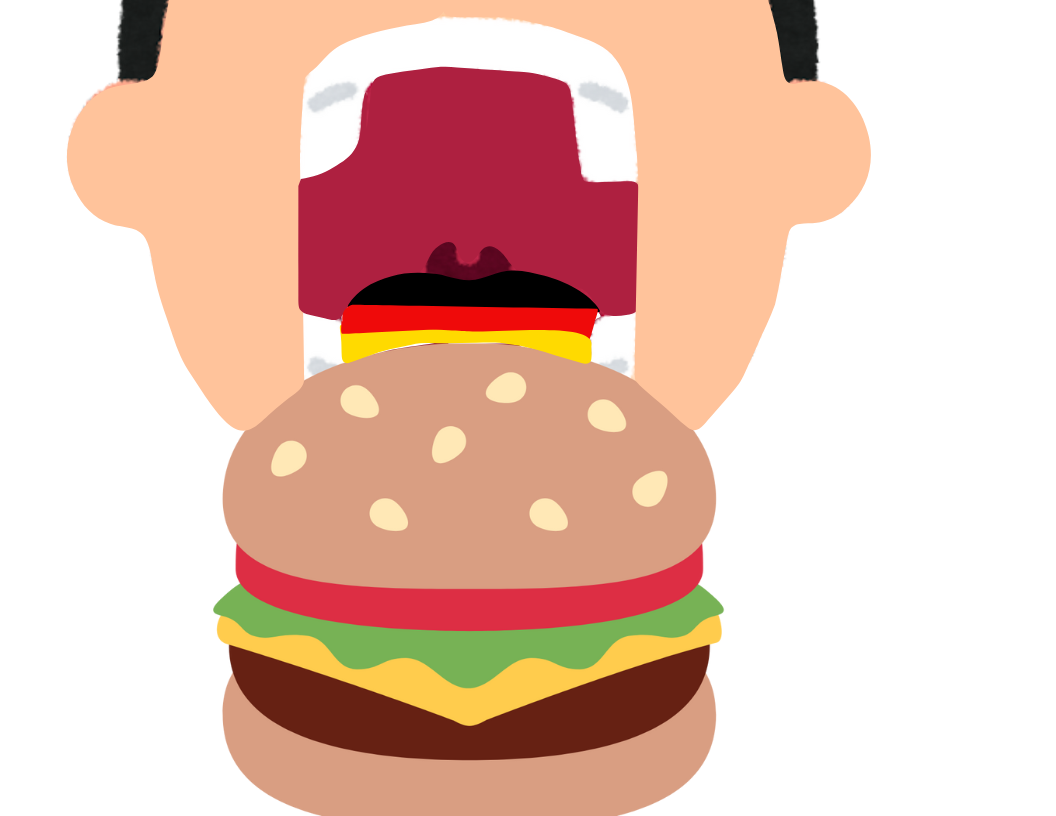It is commonly said that America is a melting pot of cultures, which is evident in the diverse cultures found within Trinity. However, with such a varied collection of different cultures, the food itself changes drastically, deviating from the original taste palettes of international students.
The TPS Grille serves a daily revolving menu of international food that is enjoyed by many students. However, it may not be as international as it seems.
“I feel like it’s not actually Chinese food,” Chinese student Jason Chang said. “It just looks like Chinese.”
According to Chang, real Chinese food is less sweet and is made in a more varied way.
“We have a lot of ways to cook food,” Chang said. “And I like Chinese food better, honestly.”
American food in general is also often less healthy than international food due to the prevalent use of processed ingredients.
“I realize that you guys eat a lot more processed foods,” German ASSIST student Hanna Becker said. “Especially food that is not even allowed in Germany.”
For example, Kraft Cheese, which is an American invention enjoyed by many Americans, is considered a health hazard in Germany due to the heavy use of chemicals and synthetic coloring.
According to The Guardian, Kraft Cheese includes the synthetic colorings yellow 5 and yellow 6, which are banned across most of Europe.
“Although allowed by the FDA, yellow 5 is banned in Norway and Austria and yellow 6 is banned in Norway and Finland.” The Guardian said. “Kraft’s UK version of mac and cheese – Cheesey Pasta – famously contains neither.”
Yellow 5 and yellow 6 are said to cause hyperactivity in children.
Chemicals are not the only concern of international students. Chang worries about the caloric contents of the often fried and greasy foods of America.
“Most of them are a little bit high in calories,” Chang said. “They taste good but not that healthy.”
According to the National Library of Medicine, the serving portions in America have risen dramatically since the 1970s which parallels the obesity rates.
American food also almost all contain trans fat. According to The Environmental Working Group, 27 percent of foods in their 84,000 food database contain trans fat, and 10 percent contain ingredients likely to have trans fat. However, only 2 percent actually admit they include trans fat.
Many brands are also not honest with the amount of trans fat they contain. A study done by the Centers for Disease Control and Prevention shows that 84 percent of products that contain a trans fat warning show they have 0 grams of trans fat. This can mislead the buyers into thinking there is no trans fat when there is, just in small amounts.
“Scientific evidence shows that even low levels of trans fat intake pose a risk to consumers,” the Centers for Disease Control and Prevention said.
However, despite the flaws with American cuisine, the students all liked the Grille.
“I like the concept of being able to spend food, spend your money,” Swedish ASSIST student Frej Andersson-Oberg said.
Many international students liked the Grille for the freedom it offers for the student to choose their preferred meal.
“My school kitchen in Germany is a little weird because most of the time it didn’t work at all,” Becker said. “And the food was never really good, and there was no choice. You had one vegetarian choice and then like a normal meal choice and that was it.”
Many of the schools outside of America have cafeterias that are free but offer very little choice in what is served, so the Grille is a breath of fresh air for international students.
“I love the Grille,” Becker said. “I really think the concept is really good.”












